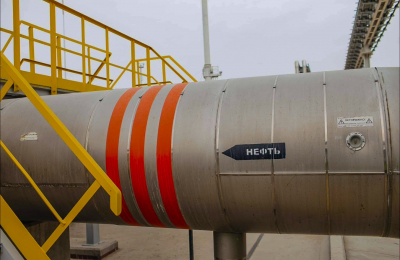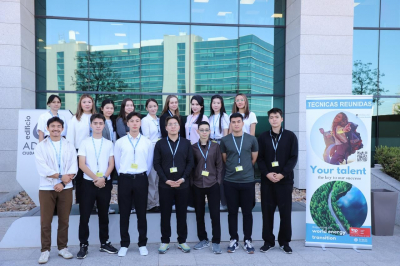The rise of euroskeptics and far-right forces
Beiimbet Moldagali, Vlast, Brussels.
Читайте этот материал на русском.
The European Parliament elections concluded a month ago, with centrist parties retaining the majority. However, euroskeptics and far-right groups saw notable gains, particularly in France, Germany, and Austria .
Impact on European Politics
The European Parliament, directly elected by its citizens, now comprises seven coalitions formed by various parties from European Union (EU) member states. Voters showed their support for local national parties that had pre-announced their affiliations with certain European coalitions.
"The recent elections delivered two messages. First, the majority favors centrists for ensuring a strong Europe. This is important for stability. But it is also true that radicals on the right and left have gotten support, so centrists need to handle the results responsibly," said former European Commission President Ursula von der Leyen on election night in Brussels.
A January survey by the European Council on Foreign Relations showed that, ahead of the elections, voters were concerned about migration, the green transition, the economy, and Russia’s war in Ukraine. Now, the new parliament will face internal struggles around refugee rights, climate change measures, and support for Ukraine.
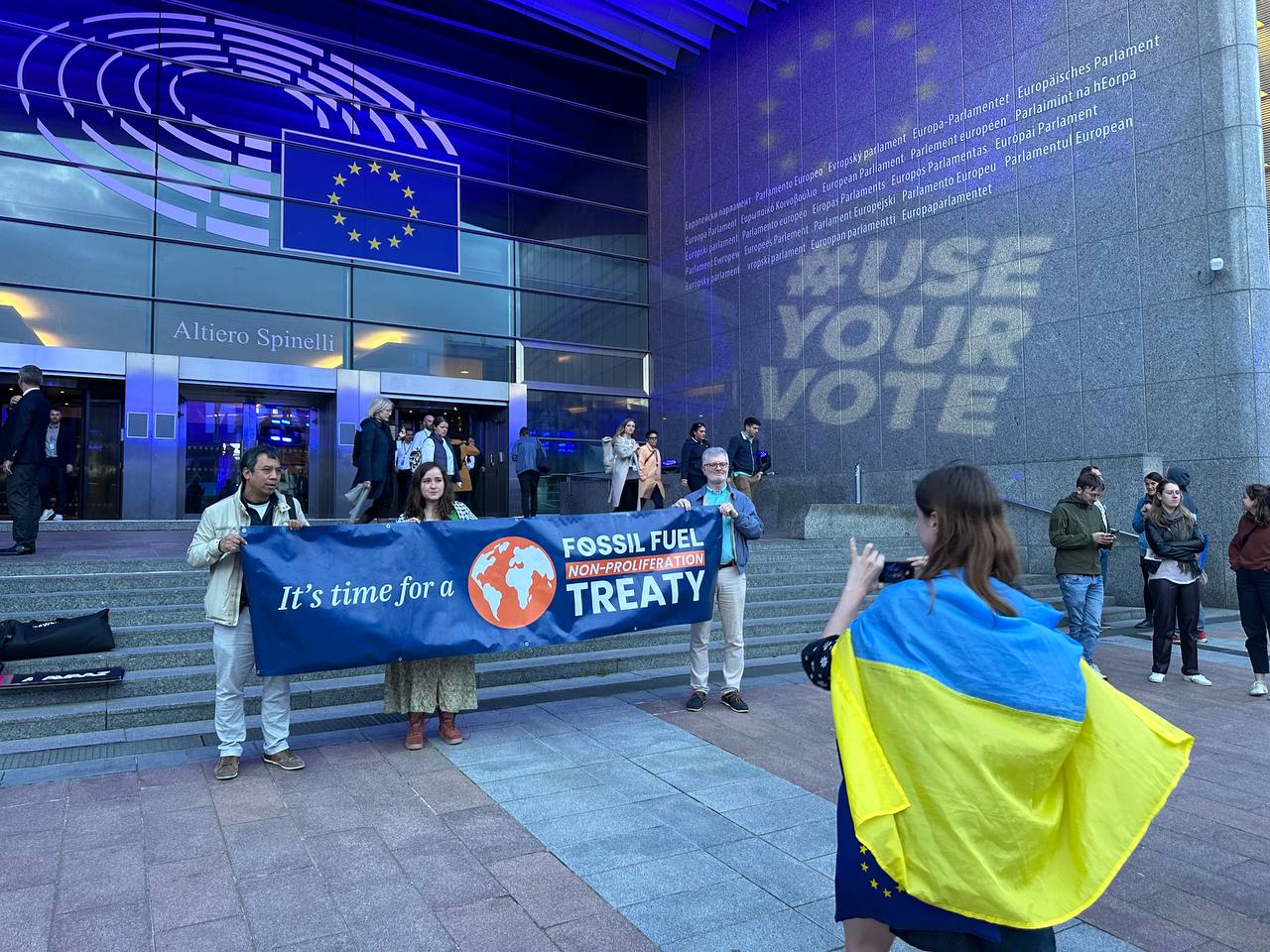
The Future of the Green Transition
Five years ago, climate change and the green transition were key issues in the elections. At that time, tangible progress was made by the Green Party.
In 2019, the European Commission launched the European Green Deal, followed by a climate law in 2021, legally cementing the EU’s commitments to achieve carbon neutrality by 2050.
However, environmental issues may fall lower in the agenda due to the costs associated with the Green Transition, in the face of Russia’s war in Ukraine and ongoing international trade tensions. The European Commission already revised the Green Transition budget to make room for short term migration control and rearmament plans.
Right-wing and far-right parties traditionally oppose the green transition, having gained popularity due to public concerns about its impact on living costs. Their popularity is forcing EU governments to approach regulations cautiously.
"Passing laws is one thing; implementing them is another."
The next phase of the European Green Deal, affecting housing and transport, may impact residents more significantly than the first phase, requiring higher expenses for basic needs.
Thomas Thaler, a Brussels-based political consultant and former European Parliament advisor does not expect new regulations or directives for the Green Deal. Instead, Europe will intensify its focus on implementing existing decisions.
"I don’t think the Green Deal will be repealed. Now, national authorities need to come up with concrete plans to implement all the adopted rules. Passing laws is one thing; implementing them is another," Thaler said in an interview with Vlast.
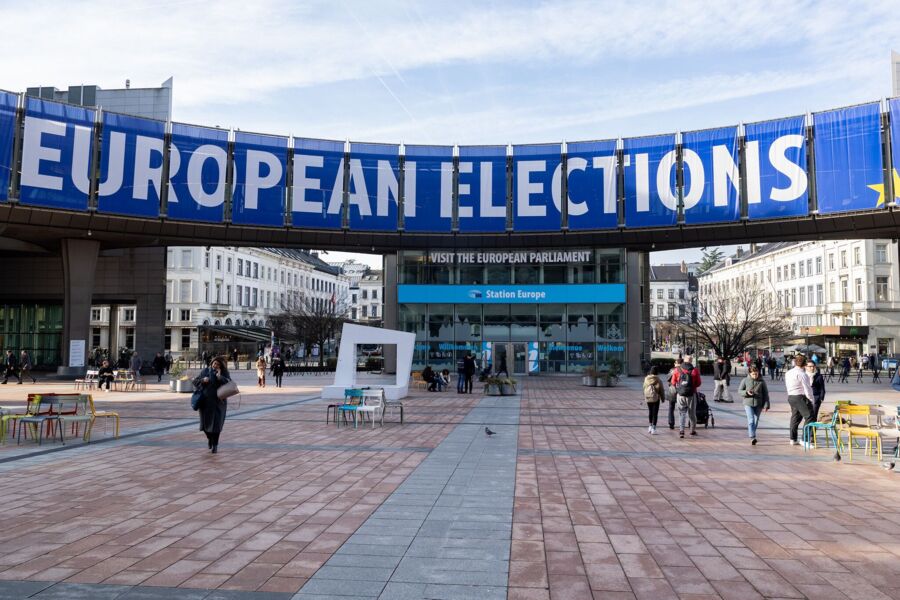
New Challenges for Europe
Despite the progress of right-wing and far-right coalitions, Thaler noted that each national party forming these coalitions in the EU parliament is different from the others. He cautioned against generalizing, because they range from more to less radical.
Among the top debate topics in this year’s agenda were housing prices, migration, and the war in Ukraine. Thaler stressed that some parties are hesitant to side with Ukraine.
Thaler said that the primary challenge for European politicians over the next five years will be rebuilding public trust in economic growth, with international trade becoming a concern due to increasing manufacturing costs in Europe.
European policymakers will now focus on reindustrialization to maintain employment and increase the competitiveness of European companies, which lag behind their Chinese and American counterparts. The European market needs to improve in terms of advanced technologies or unique services.
"You can think of the tariff on Chinese electric cars and the investigations into Chinese imports. There is concern about a major trade dispute, or trade war. People worry about whether peaceful coexistence in Europe will continue or be driven by conflicts—trade or military," said Thaler.
Bloomberg columnist Max Hastings shares this view, noting Europe’s economic decline as a key discussion topic. The EU’s share of global GDP is falling, giving way to China.
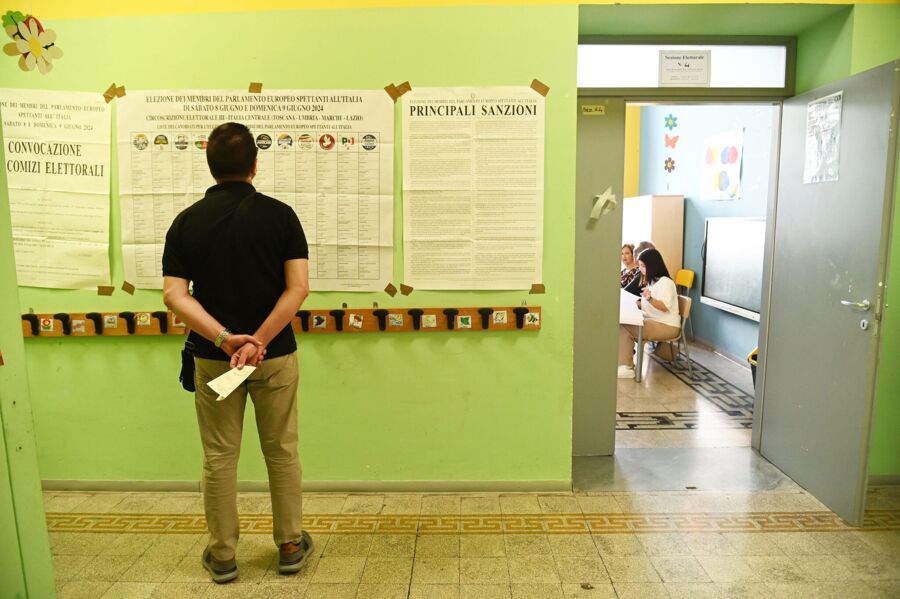
Rise of Right-Wing Sentiment Among European Youth
The influence of right-wing and far-right forces will depend on how willing centrists, currently the majority in parliament, would be to support and form coalitions with them.
Previously, centrists avoided aligning with the right. However, this dynamic is emerging in the Netherlands, potentially strengthening right-wing voices, especially in migration discussions, said European Council on Foreign Relations expert Liana Fix.
According to Hastings at Bloomberg, “The far-right is rising on the back of the same sort of fears that powered the rise of fascism before World War II.” Once deemed extremist, their policies are now mainstream.
In his column for CNN, columnist Paul Hockenos wrote that the rise of the right and far-right, particularly among youth, was caused by disappointment with the government’s anti-crisis policies during the pandemic.
In previous European Parliament elections, young voters were concerned about global warming, with a third of German youth voting for the center-left Green party. This year, however, many German youth voted for the far-right.
The far-right Alternative for Germany (AfD) received 16% of the youth vote, an 11% increase from five years ago. Young voters also supported nationalists and euroskeptics in Portugal, Italy, Sweden, the Netherlands, and France.
"The COVID-19 pandemic caused frustration among youth about our ability to handle the future," Hockenos quoted from the "Jugend in Deutschland 2024" study.
Key issues for young people include personal finances, job opportunities, healthcare, housing, and social recognition. Yet, the far-right offers no solutions to these problems, instead blaming migration.
"AfD doesn’t provide solutions but sees stricter migration control and reducing EU authority as a cure-all," wrote Hockenos.
This is an abridged version of an article we originally published in Russian. It was translated into English by Amina Aktailakova.
Власть — это независимое медиа в Казахстане.
Поддержите журналистику, которой доверяют.
Мы верим, что справедливое общество невозможно построить без независимой журналистики и достоверной информации. Наша редакция работает над тем чтобы правда была доступна для наших читателей на фоне большой волны фейков, манипуляций и пропаганды. Поддержите Власть.
Поддержать Власть







